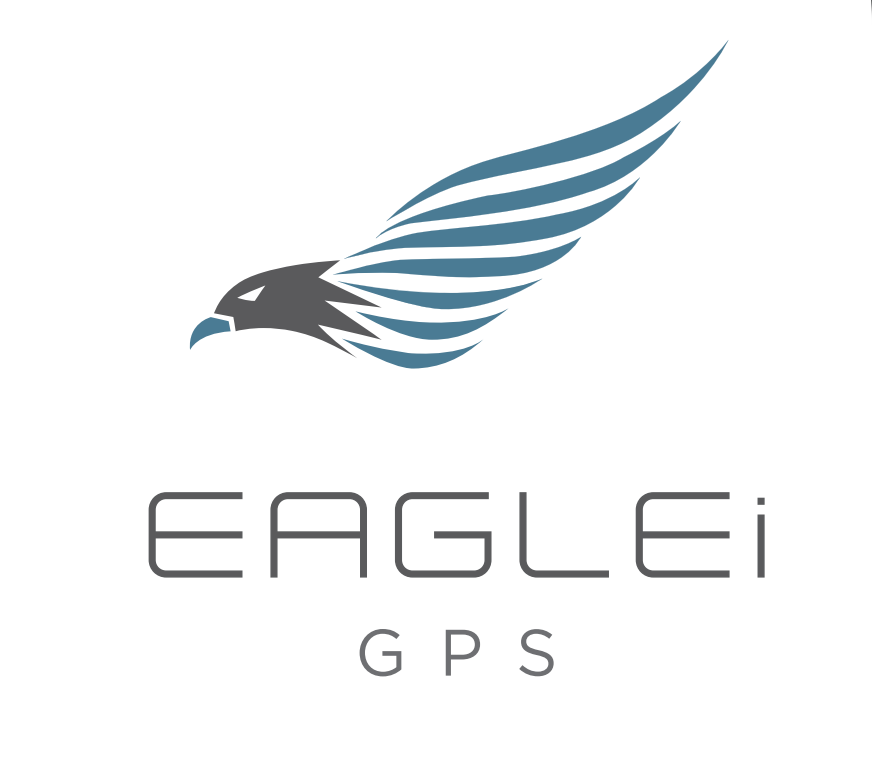HVAC Fleet Management: A Catalyst for Cost Savings
The competitive landscape of the Heating, Ventilation, and Air Conditioning (HVAC) industry necessitates astute cost management to sustain and grow business operations. An instrumental ally in this quest for financial prudence is GPS Fleet Tracking. The integration of HVAC Fleet Management not only refines operational efficiency but also significantly trims down costs, directly impacting the bottom line positively. Through GPS Fleet Tracking, HVAC companies are now strategically positioned to minimize fuel expenditure and manage overtime costs, all while ensuring superior service delivery.
Fuel Savings: The Impact of GPS Fleet Tracking on HVAC Companies’ Bottom Line
Route Optimization for Fuel Efficiency
One of the salient features of GPS Fleet Tracking is its ability to optimize routes for technicians. By analyzing real-time traffic data and road conditions, GPS Fleet Tracking devises the most direct and least congested routes. This optimization is crucial as it leads to a substantial reduction in fuel consumption, thereby positively affecting the company’s bottom line.
Monitoring Driver Behavior for Fuel Conservation
GPS Fleet Tracking also provides insight into driver behavior, which is often a significant factor in fuel consumption. By monitoring and analyzing driving habits like speeding, harsh braking, and rapid acceleration, corrective measures can be taken to promote fuel-efficient driving, further contributing to cost savings.
Preventive Maintenance for Fuel Economy
Preventive maintenance, facilitated by real-time monitoring of vehicle health, is another benefit of GPS Fleet Tracking. By scheduling regular maintenance, companies can ensure their vehicles operate at peak fuel efficiency, preventing any wastage and promoting long-term savings.
Reducing Overtime Costs with Efficient Fleet Management
Accurate Time-Tracking
Accurate time-tracking is pivotal in managing overtime costs. GPS Fleet Tracking systems record the exact hours a technician works, ensuring accurate payroll and avoiding any excess overtime payments. The precise logging of work hours also fosters a culture of accountability among technicians.
Enhanced Productivity and Task Management
GPS Fleet Tracking significantly enhances productivity by optimizing task management. By efficiently scheduling and dispatching technicians, companies can ensure that jobs are completed within regular working hours, thereby reducing the necessity for overtime.
Real-Time Monitoring for Quick Decision-Making
Real-time monitoring and communication between dispatchers and technicians minimize downtime and ensure that any overtime worked is genuinely necessary. Quick decision-making, facilitated by real-time data, allows for better management of resources and tasks, ensuring cost-effectiveness.
Conclusion
Cost management is a critical aspect of ensuring a thriving HVAC business in a competitive market. HVAC Fleet Management using GPS Fleet Tracking emerges as an invaluable tool in this endeavor, offering a suite of features aimed at reducing operational costs. By judiciously managing fuel consumption and overtime costs, HVAC companies are well on their way to bolstering their bottom line while maintaining a high level of service excellence.
Embrace HVAC Fleet Tracking and set a firm foundation for cost-effective operations, ensuring a bright financial future for your HVAC business amidst a competitive marketplace.






